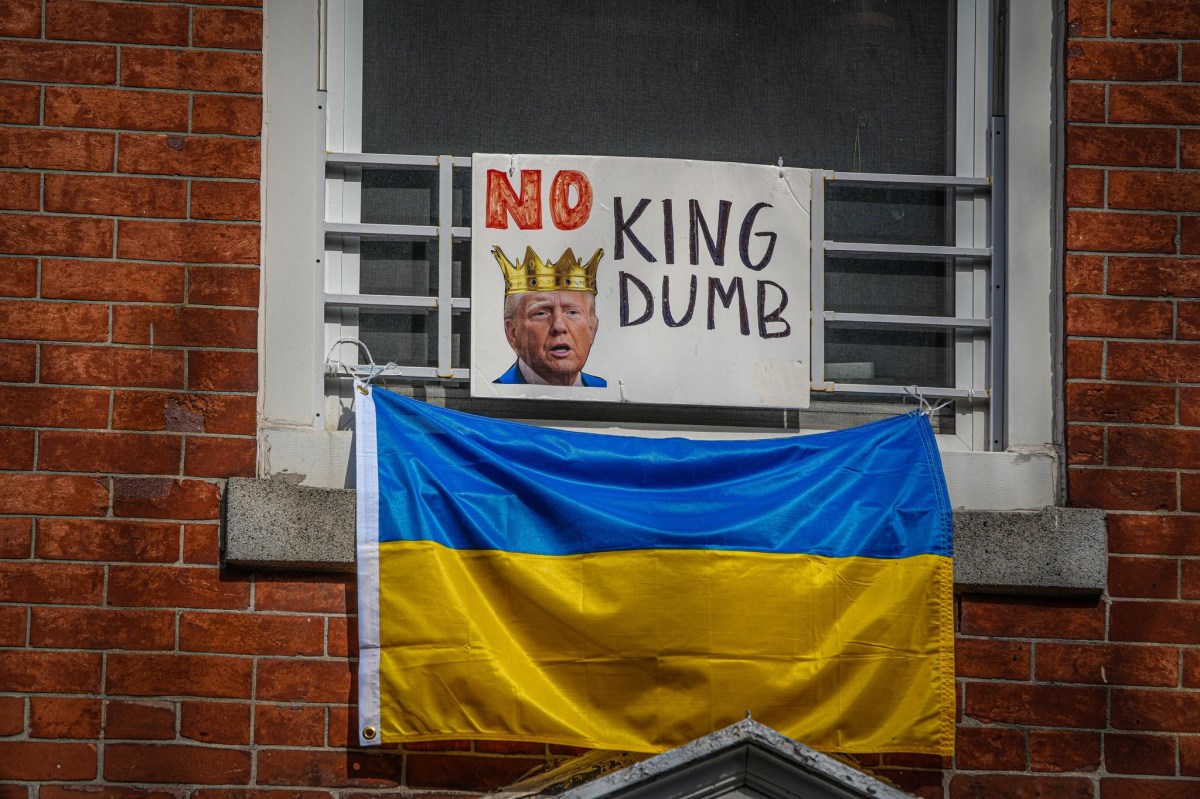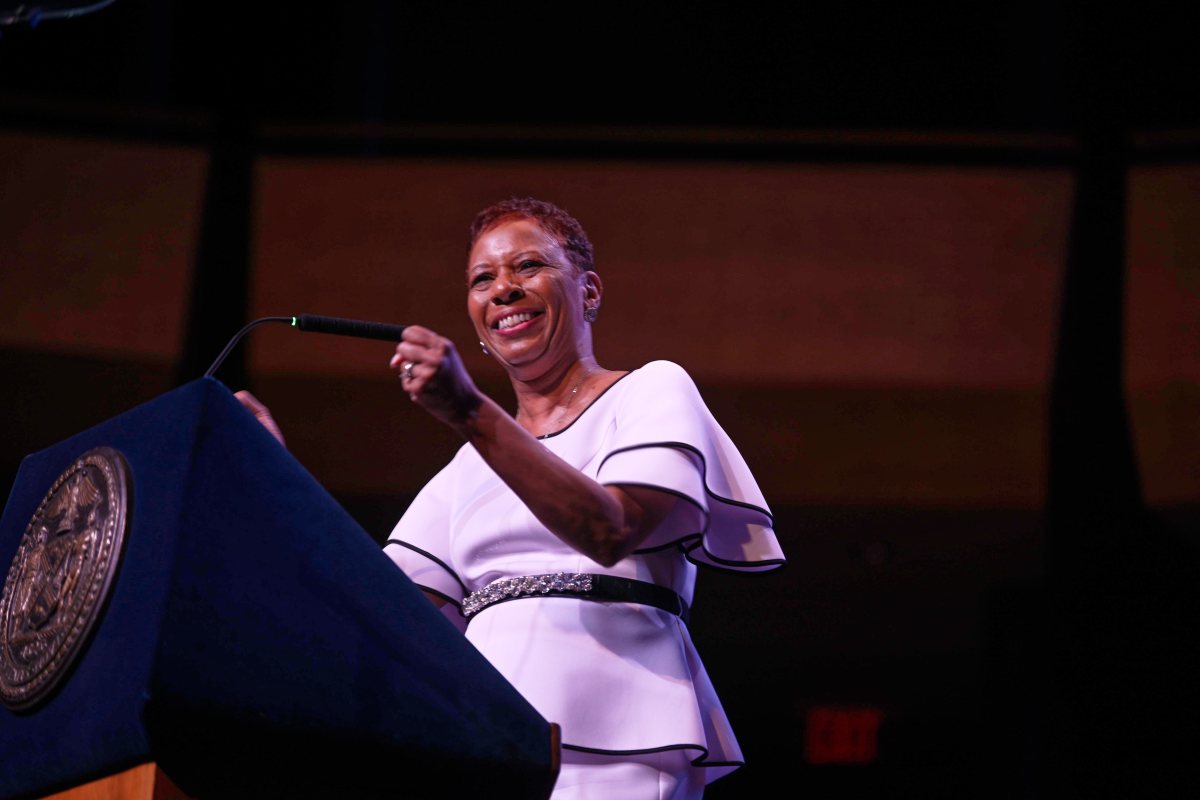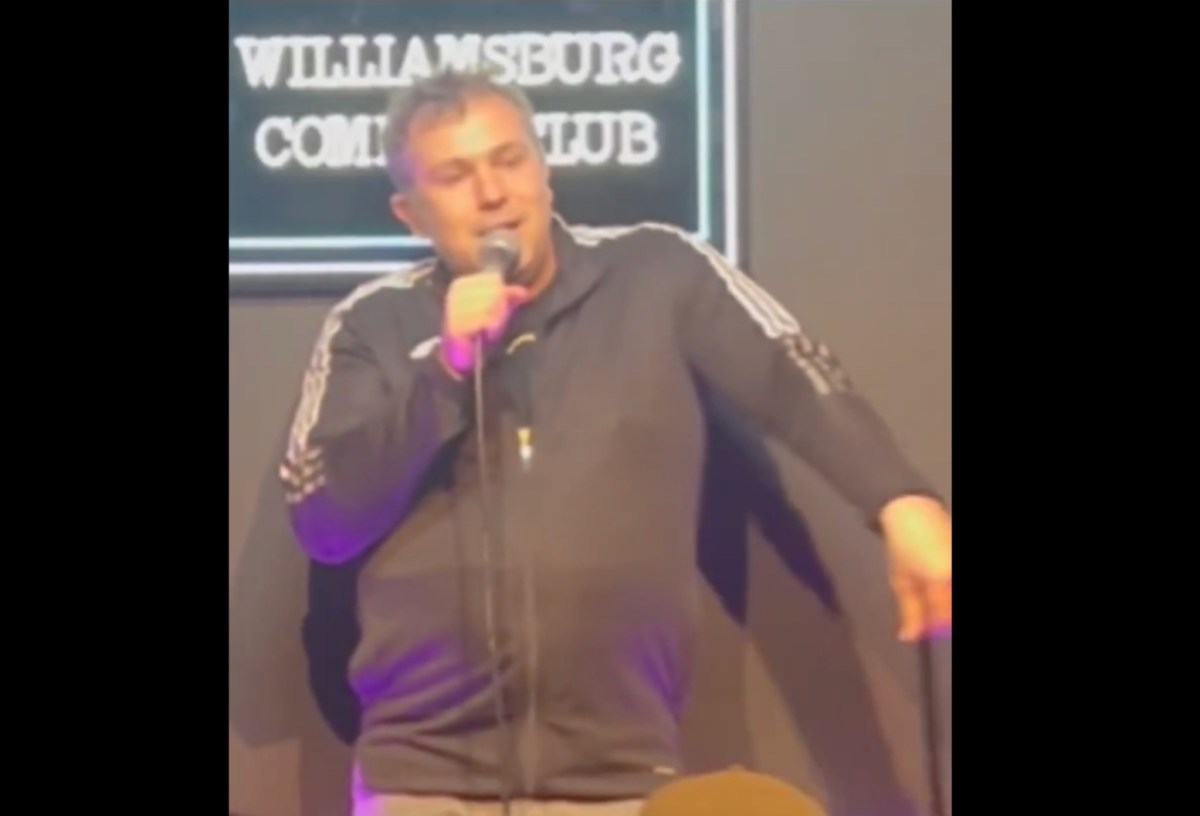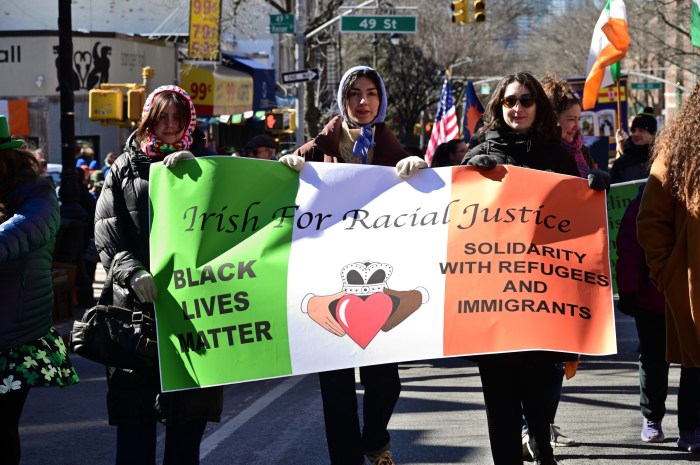WASHINGTON (AP) — Secretary of State Antony Blinken says Armenia and Azerbaijan have made “further progress” toward a peace agreement in three days of U.S.-hosted talks between the two former Soviet republics that have repeatedly clashed over the disputed territory of Nagorno-Karabakh.
Wrapping up discussions between Armenian Foreign Minister Ararat Mirzoyan and Azerbaijani Foreign Minister Jeyhun Bayramov on Thursday, Blinken said the two sides had shown a willingness to negotiate seriously with the goal of reaching a deal. But, he stressed that “hard work” remains to be done.
“I appreciate further progress toward this shared objective of an agreement to include agreement on some additional articles as well as a deepening understanding of the positions on outstanding issues, as well as the recognition that there remains hard work to be done to try to reach a final agreement,” Blinken said at the end of the closed-door talks at the State Department’s Foreign Service Institute in northern Virginia.
“We look forward to continuing this process in the weeks ahead to take advantage of the momentum that we’ve helped achieve through these meetings,” he said. “I very much appreciate the spirit of candor, openness, directness that everyone has exhibited. That is the way ultimately to reach understanding and finally to reach agreement.”
Neither Mirzoyan nor Bayramov spoke at the event. The latest talks were the second round of negotiations the U.S. has hosted between the two sides. Similar talks have been hosted by the European Union and Russia.
Earlier this week, Russian President Vladimir Putin said that only “strictly technical” issues remain in resolving one of the main disputes between Armenia and Azerbaijan and that the two sides had agreed to recognize each other’s territorial integrity. Putin spoke on Sunday in Moscow after meeting with Azerbaijani President Ilham Aliyev and Armenian Prime Minister Nikol Pashinyan to discuss a dispute over a winding road called the Lachin Corridor, which is the only authorized connection between Armenia and Nagorno-Karabakh.
Aliyev and Pashinyan, taking part in a broader regional summit that Putin hosted, had lashed out at each other for their positions regarding the corridor. But Putin said that on the “principal issues, there is an agreement,” and later said all that remained were “surmountable obstacles,” calling them differences in terminology and “strictly technical.” He said representatives of Russia, Armenia and Azerbaijan would meet in a week to try to resolve the differences.
Armenia and Azerbaijan fought a war over Nagorno-Karabakh, a mountainous region smaller than the U.S. state of Delaware, in 2020 that killed more than 6,000 people. The war ended in a Russia-brokered armistice under which Armenia relinquished territories surrounding the region. Nagorno-Karabakh lies within Azerbaijan, but ethnic Armenian forces backed by Armenia had controlled the region and surrounding territories since 1994.
Azerbaijan has repeatedly alleged that Armenians have used the Lachin Corridor to bring weapons and ammunition into Nagorno-Karabakh in violation of the armistice terms.























